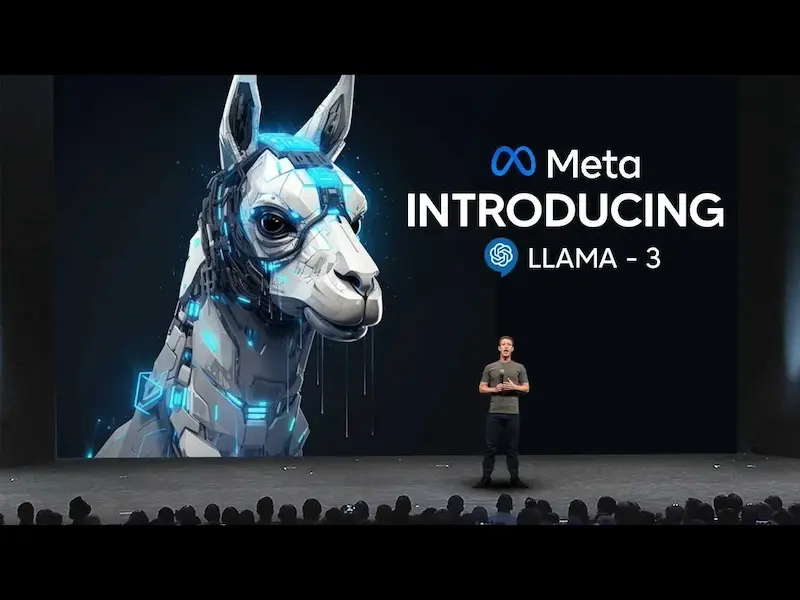- Meta’s Llama AI models are increasingly adopted by major companies for tasks like customer service and document review.
- Despite their growing popularity, Llama models face challenges with logical reasoning and factual accuracy, limiting their business applications.
OUR TAKE
The rapid adoption of Meta’s Llama AI models among major corporations highlights the urgency for businesses to integrate advanced technology to enhance efficiency. However, the limitations regarding logical tasks and factual accuracy raise concerns about the reliability of these models in critical business functions. Companies should weigh both the benefits and risks as they adopt such technologies.
–Lily,Yang, BTW reporter
What happened
Meta’s Llama AI models are being utilised by numerous prominent companies, including Goldman Sachs and AT&T, for various operational tasks such as customer service and document review. Since their public release last year, the Llama models have been downloaded nearly 350 million times, showing significant growth from previous figures. The usage of these models via cloud services like Amazon Web Services and Microsoft Azure has also more than doubled in recent months. While Meta invests heavily in AI, questions linger among investors regarding widespread adoption and potential returns on investment. CEO Mark Zuckerberg believes that offering state-of-the-art models for free positions Meta favorably against competitors. Although Llama models impress with their language generation capabilities, they still struggle with logical reasoning and can produce factual inaccuracies. Nonetheless, major firms like Nomura Holdings, DoorDash, and Accenture are using Llama, showcasing its competitiveness with paid alternatives.
Also read: Meta and Spotify CEOs criticise EU regulations on open-source AI
Also read: Meta to 10X computing power for Llama 4
Why it’s important
The adoption of Meta’s Llama AI model by well-known companies is an important indicator of the growing presence of AI in the enterprise space. By highlighting the rise in mass downloads and cloud use, it highlights the growing acceptance of AI technology. Mentioning high-profile customers adds credibility and shows that Meta is effectively competing with established players like OpenAI.
While the news reflects optimism about the integration of AI into business processes, it also calls attention to the necessary advancements needed for these technologies to reach their full potential. The potential limitations of the Llama model have played out in the news, particularly in terms of logical reasoning and accuracy, which could hinder wider adoption. This duality provides a balanced perspective of the opportunities and challenges in the field of artificial intelligence.

